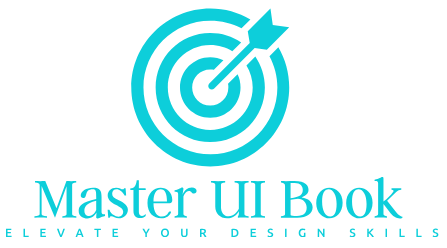Transforming My Ram 1500: Why Quality Car Seat Covers Made All the Difference
As a proud owner of a Ram 1500, I know firsthand how important it is to keep the interior of my truck looking sharp and well-maintained. The rugged charm of the Ram 1500 is matched only by its versatility, making it a favorite among truck enthusiasts and everyday drivers alike. But let’s face it: life…
